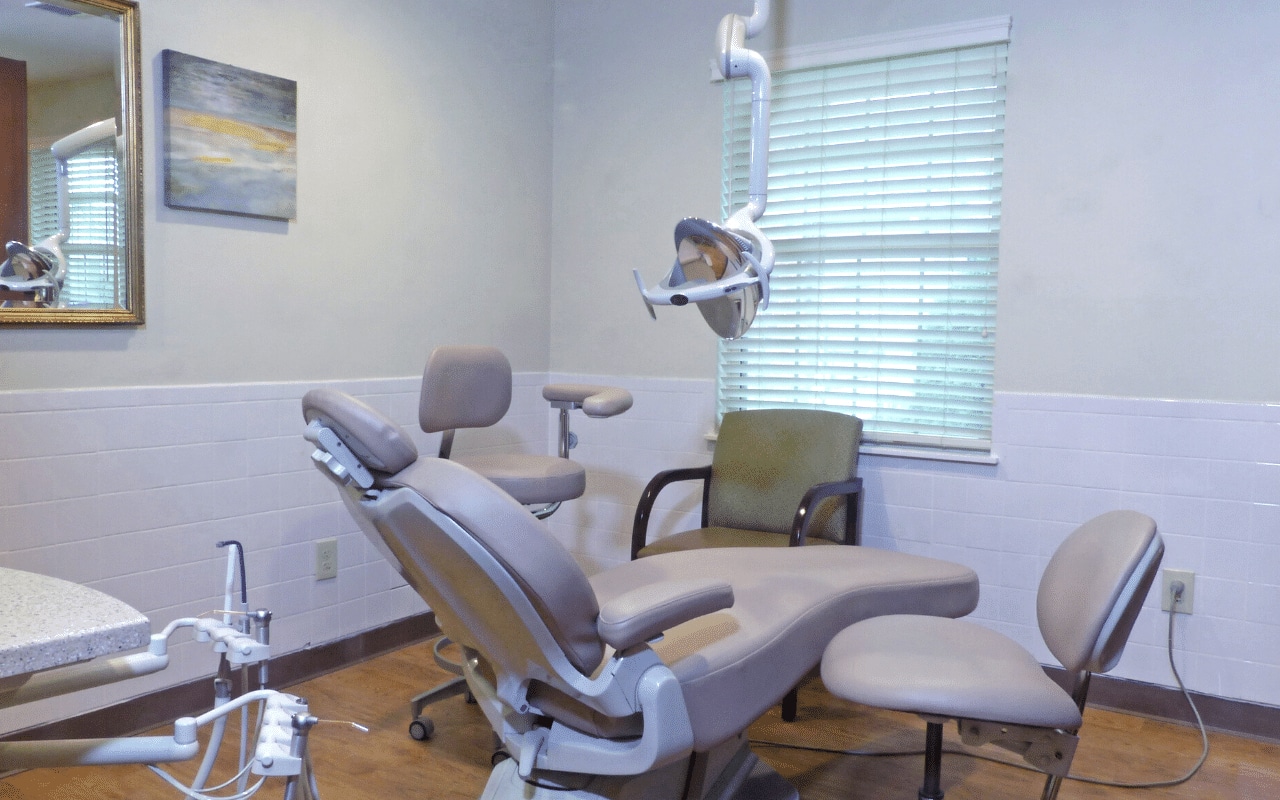Tooth Extraction Recovery
What to Expect for Tooth Extraction Recovery
Having a general idea of what to expect helps alleviate a lot of the worry that might accompany post-operative care. Below is what you can expect post tooth extraction.
Swelling
Pain and swelling around your eyes, cheekbones, and jaw are common the day following surgery. Dr. Kim recommends applying an ice pack every twenty minutes. After twenty minutes, then remove the ice pack for twenty minutes. Keep this on rotation for a few days, several times a day. Our friend Dr. Chris Green, a dentist in Parker, CO, says that after 48 hours, ice therapy is no longer helpful. Therefore, you should transition to utilizing a heat pack to alleviate pain and swelling instead.
Bleeding
You should also expect some bleeding during the first few hours after having your wisdom teeth removed. Beginning 2 to 3 hours after your procedure, change the gauze at the surgery site every 30-60 minutes to help control bleeding. Biting down firmly on the gauze will also assist in limiting bleeding as well. Continue with this treatment until the bleeding has stopped completely. It is recommended that you contact Park Hills Family Dental team for treatment guidelines if the bleeding does not stop or worsens.
Tooth Extraction Recovery Tips: Dos
In most cases, it will take between two and four weeks for the socket (surgical site) to recover completely. Here are some crucial things you may do to aid in the progression of this process:
Keep Your Mouth Clean
It is acceptable to properly brush your teeth the night before your surgery. Dr. Kim says you should wait until the following day to rinse your mouth. From then on, gently rinse your mouth with a cup (8oz) of warm water combined with a teaspoon of salt at least 5 to 6 times a day, especially after meals, using this method.
Follow Your Doctor’s Recommendations
Follow your instructions recommended by your dentist in Lexington, KY, for taking any pain relievers prescribed to you to control discomfort and keep you comfortable. Also, if your dentist has recommended antibiotics, make sure to follow the instructions for taking them exactly as advised.
Rest
It is critical to avoid any physical exertion for the first 24 hours following wisdom teeth extraction. Maintain a comfortable pillow position for resting your head and avoid sleeping on the same side of your body as your extraction.
Watch What You Eat
Smoothies, ice cream, yogurt, and pudding are good choices for the first few days because they are soft and slightly chilled. After the first few days, you can gradually transition from liquids to semi-solids, such as warm soup, and then to solids.
Tooth Extraction Recovery Tips: Don’ts
Assuming that you have followed Dr. Kim’s recommendations, there are a few things that you should not do.
Straws
It’s critical not to disturb the blood clot that has formed in the socket, or you could develop a condition known as dry socket, which is painful. During the first 24 hours, refrain from rinsing your mouth excessively, sucking on a straw, or sipping on fizzy beverages.
Smoking
Smoking, in general, is horrible for your health. Patients who use tobacco products need to reframe for at least 48 hours post-tooth extraction. Otherwise, you could experience serious consequences. Alcohol should also be avoided.
Blowing Your Nose
It can be difficult to refrain from blowing your nose post tooth extraction. During the first 14 days, you should only softly wipe your nose rather than blowing it. You could cause some problems with your surgical extraction area.
Eating Hard Foods
Foods that are difficult to chew should be avoided after an extraction because they might cause damage to delicate tissues. Cereals, nuts, and popcorn are examples of foods that are tough to chew after an extraction. Wait a week or so before re-introducing them to your meal plan.
Following these simple tooth extraction recovery tips should help you return back to normal. If you’re experiencing any trouble post-tooth extraction, give our dental office in Lexington, KY, a call.










